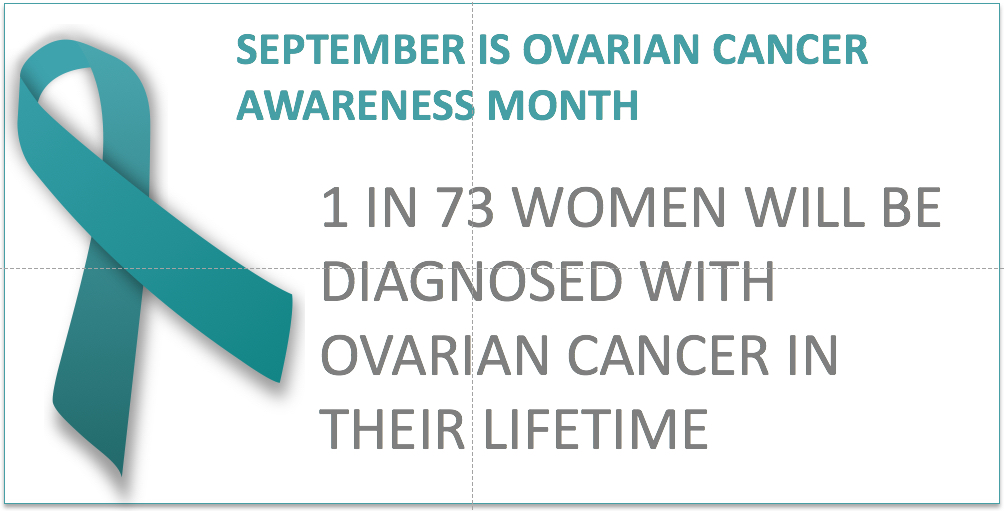First there was surgery, then chemotherapy and radiation. Now researchers may have found another way to fight cancer using the body’s own immune system.
Cornell University researchers have produced the first batch of a cancer vaccine known as NY-ESO-1 recombinant protein that will be used in clinical trials for patients facing either ovarian cancer or melanoma.
While the experimental vaccine is not intended to prevent cancer, it may show to be effective in revving up the body’s immune system to fight an existing tumor.
The protein molecules central to the treatment are found naturally in the human body, but do not normally induce strong immune responses. One goal of the clinical trials, aside from safety, is to maximize the body’s anti-tumor immune response to the NY-ESO-1 protein.
Why proteins are important
Proteomics is the comprehensive study of the proteins within the human body. This includes where the proteins are, how they are expressed, and how they interact with each other. Proteins are important as they affect many bodily functions, including cell growth and maintenance.
Cancer develops when cells grow or divide too rapidly or in an uncontrolled way. Researchers have realized that when certain cancers develop, the levels of some proteins in the blood increase, while others decrease. Therefore, studying proteins should enable researchers to find new ways to detect cancer in its earliest stages.
Two Clinicial Trials
Patients with ovarian cancer in one study conducted at Roswell Park Cancer Institute in Buffalo, NY, and with melanoma in a second study at New York University Medical Center, are receiving the cancer vaccine containing the protein.
The clinical trials will consist of patients receiving the cancer vaccine alone and in combination with other agents, according to a statement from Cornell.
"Making NY-ESO-1 available for these clinical trials allows investigators to test ways to develop effective cancer vaccines," says Carl A. Batt, Cornell Liberty Hyde Bailey Professor and director of the Nanobiotechnology facility.
The research is a partnership between The Ludwig Institute for Cancer Research and Cornell University
Since 1997 when the NY-ESO-1 protein was discovered to be a link in different cancer types, it has been the central focus of a global network of laboratory and clinical scientists devoted to the development of cancer vaccines. The immune-boosting effect of NY-ESO-1 vaccines has been studied in more than 40 early phase, single-variable clinical trials. The Cornell NY-ESO-1 protein will be used in other clinical trials around the world.
Regarding this protein batch now going into clinical trial, Batt says, "We don't expect miracles, but the current array of surgical, radiation and chemotherapy options are not going to eliminate all types of cancers. Cancer vaccines offer another tool to help combat cancer, which can be used in conjunction with other existing therapeutic options.”
Experimental cancer vaccines recently have been shown successful in keeping a common form of lymphoma from worsening for more than a year, as well as prostate cancer, and an often fatal childhood cancer called neuroblastoma.
While it’s too early to declare victory, and there are still many questions that need to be answered, scientists feel real progress is on the horizon.
Azsunshinegirl, aka Lynette Summerill, is an award-winning journalist who lives in Scottsdale, Arizona. In addition to writing about cancer-related issues, she writes a blog, Nonsmoking Nation, which follows global tobacco news and events.





Add a CommentComments
There are no comments yet. Be the first one and get the conversation started!